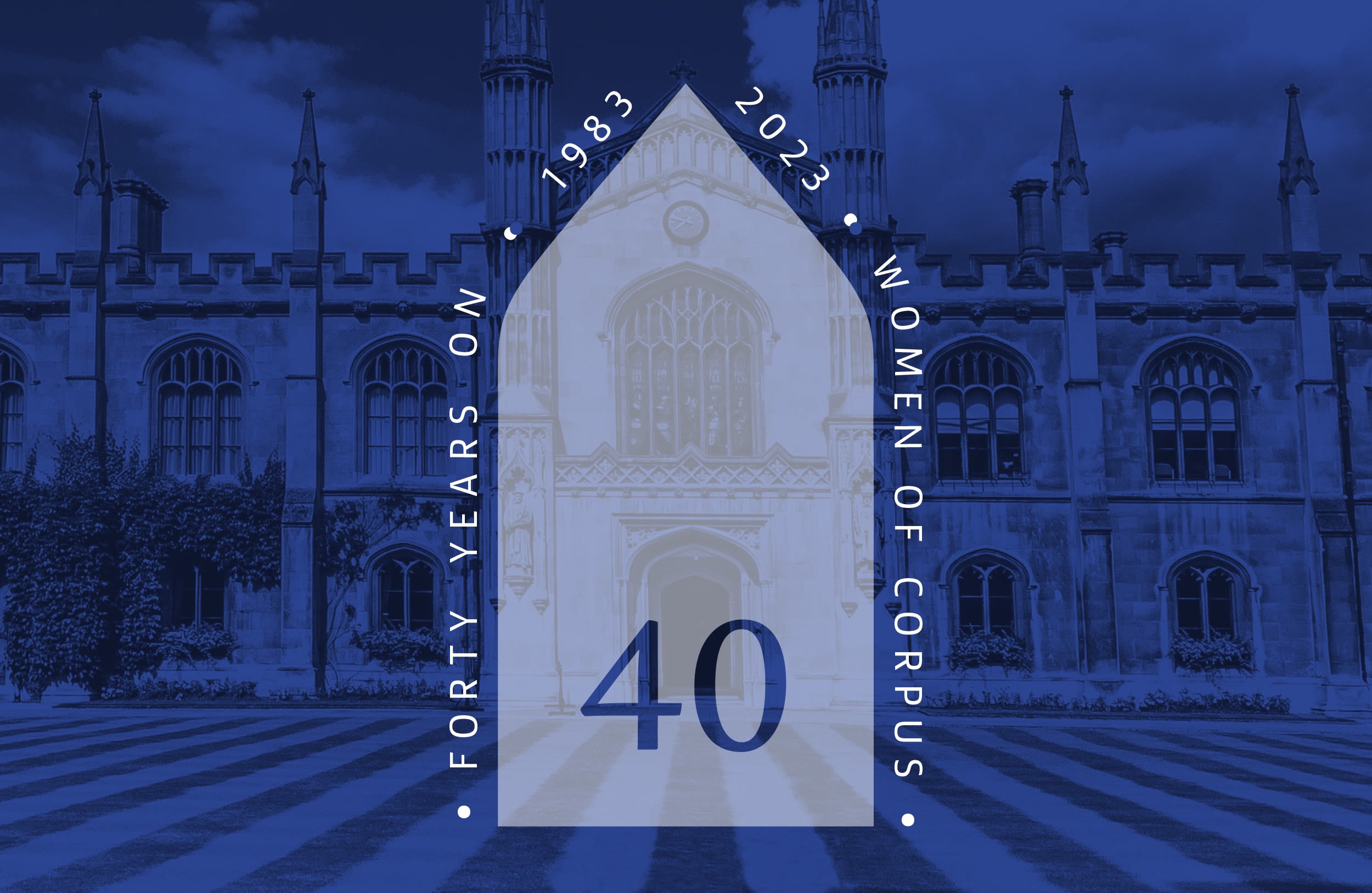DENISE PINTO
(Social and Political Sciences, 1987)
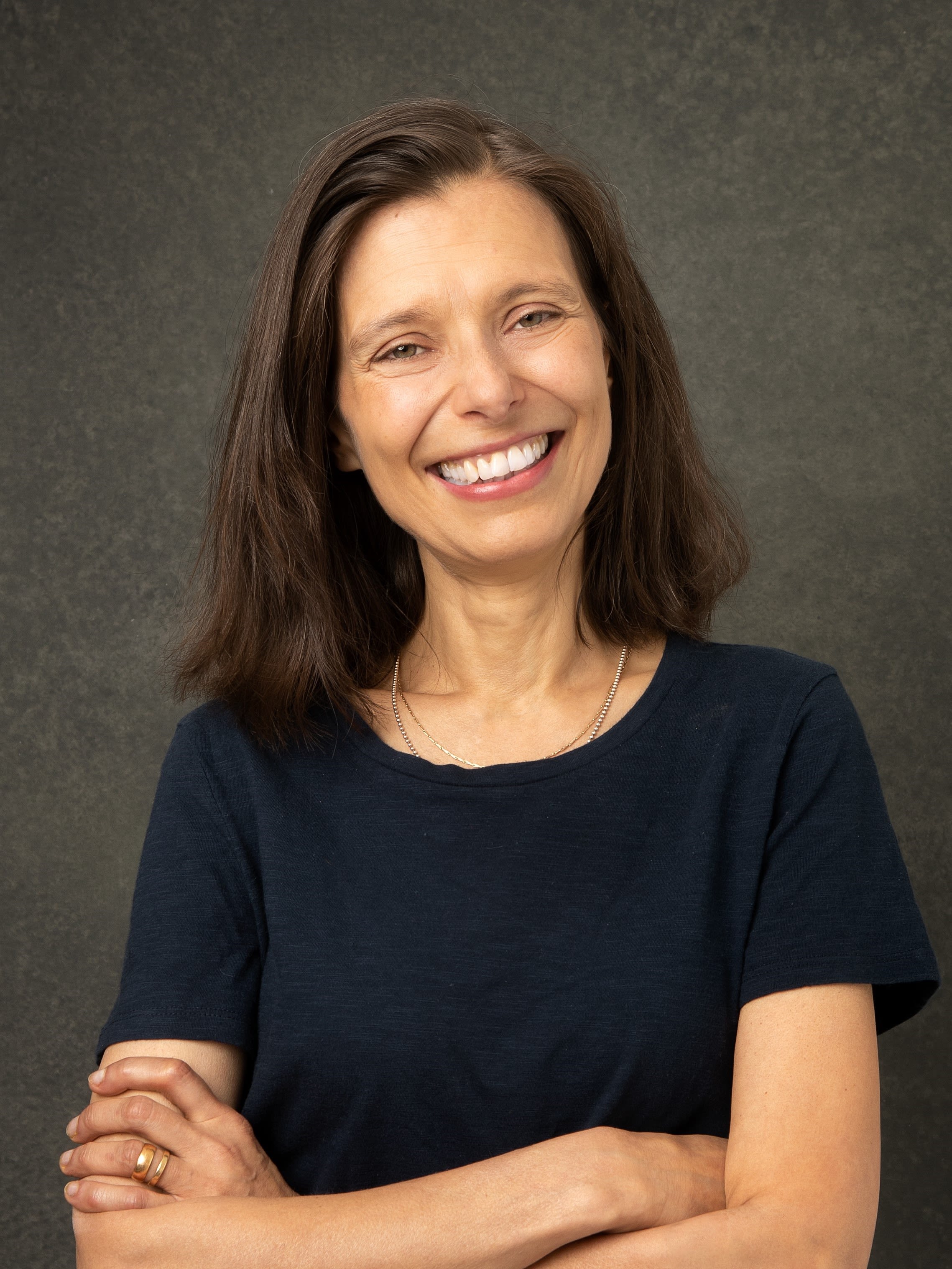
Words and memories kindly provided by Denise's husband Richard (m1987, History).
Dee came up to Corpus to study German and Russian in October 1987, within four years of the first female admissions. She was a passionate advocate of women’s rights at a time when they were even less established than they are now. The fact that Corpus had until recently been a bastion of male privilege did not intimidate her in the slightest. She would have been stirred by the challenge of making her own mark.
From the start she immersed herself in College life, forming a very large group of friends and making herself a prominent member of the close-knit Corpus community. The Strawberries, The Boat Club and The Pink Ladies were just a few of the societies that benefitted from her effortless social skills and committed enthusiasm. She was also a founding member of the Corpus Women’s Football Team which (she would be the first to admit) did not enjoy huge success, but did blaze a trail for others to follow.
Her advocacy and debating skills were in evidence throughout her College career. She never backed away from an argument, as all of her friends would doubtless testify! Her meticulous attention to the detail of any adversarial situation stood her in good stead when she worked on the Corpus May Ball Committee, and it would be the defining strength of her successful legal career.
It was her interest in social justice issues which led her to switch, at the end of her second year, from Russian to Social and Political Sciences. She wanted to understand the arguments which underpinned her political beliefs - although she never lost her love of Russian literature, particularly Pushkin. She also retained a lifelong devotion to German language and culture.
She was lucky in the room ballots, drawing H and G staircases in her first and third years. However, her second year room was in Bene’t Street, and in those days Bene’t Street was not the state-of-the-art residential paradise it is now. Dee was not the only resident to express concerns that it might be condemned while she was living there. Despite the rickety staircase and the wobbly fire escape she enjoyed Bene’t Street enormously because it was a microcosm of Corpus itself: a close-knit community where everybody mucked in and contributed to the general sense of fun. She was often at the centre of the fun, as when she was part of a treasure hunt team (all female, obviously) that kidnapped a sheep and hid it in a set of rooms on Old Court.
Dee continued to maintain very close ties to Corpus throughout her life. She attended reunion dinners regularly. She loved to go back for Formal Halls, where she could meet new people and find out about their life and work - whether in or outside of Corpus. Her children were Christened in Corpus Chapel. She was very much still a part of College life over 30 years after graduation.
After leaving Corpus in 1991 she completed her Articles at Slaughter and May before moving on to the media law firm Olswang (now CMS), where she specialised in European Competition Law. After a career break to raise her four small children, she went on to work for Law For All, a charity which provided free legal representation, and then for Cambridge University as a contracts manager. Finally she set up her own successful consultancy business negotiating and writing contracts for university research departments. Her Corpus story turned full circle when she became the first female President of The Corpus Association, a position which gave her an enormous sense of pride, and to which she was wholly committed until her illness prevented her from carrying on. She died in September 2023.
Anyone who shared their time at Corpus with Dee will remember her laughter, her love of debate, and her boundless energy. They will also remember her resilience and determination; she grew up in an era when women were often expected to settle for second best, but she never once accepted those parameters and fought hard her whole life to be treated as an equal by everyone she met. She would be proud to be remembered in those terms.
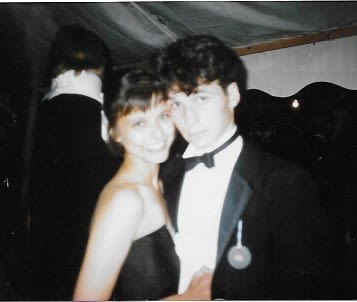
Denise in her College days
Denise in her College days
"She grew up in an era when women were often expected to settle for second best, but she never once accepted those parameters and fought hard her whole life to be treated as an equal by everyone she met. She would be proud to be remembered in those terms."
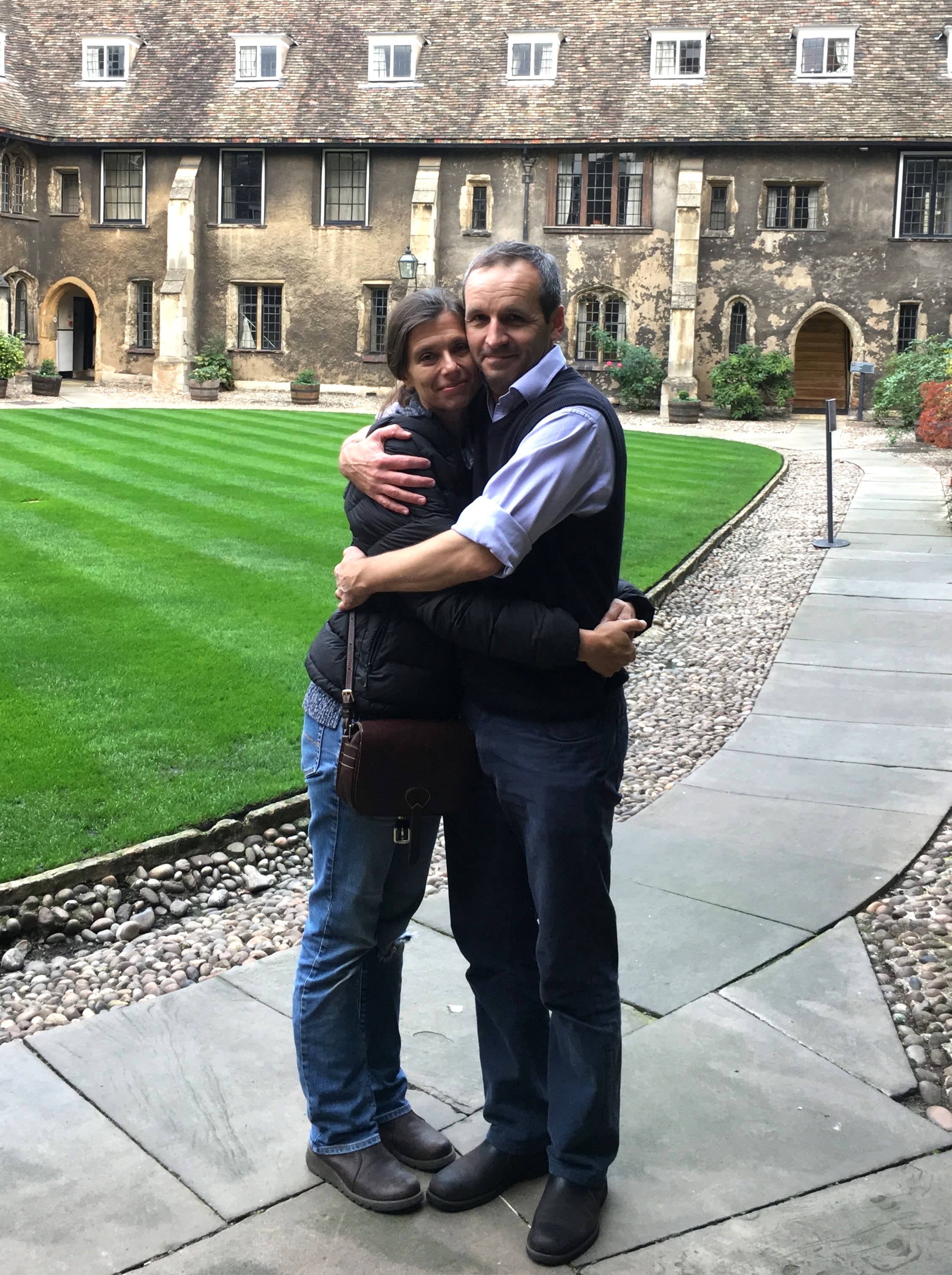
Denise and Richard Pinto return to Corpus
Denise and Richard Pinto return to Corpus
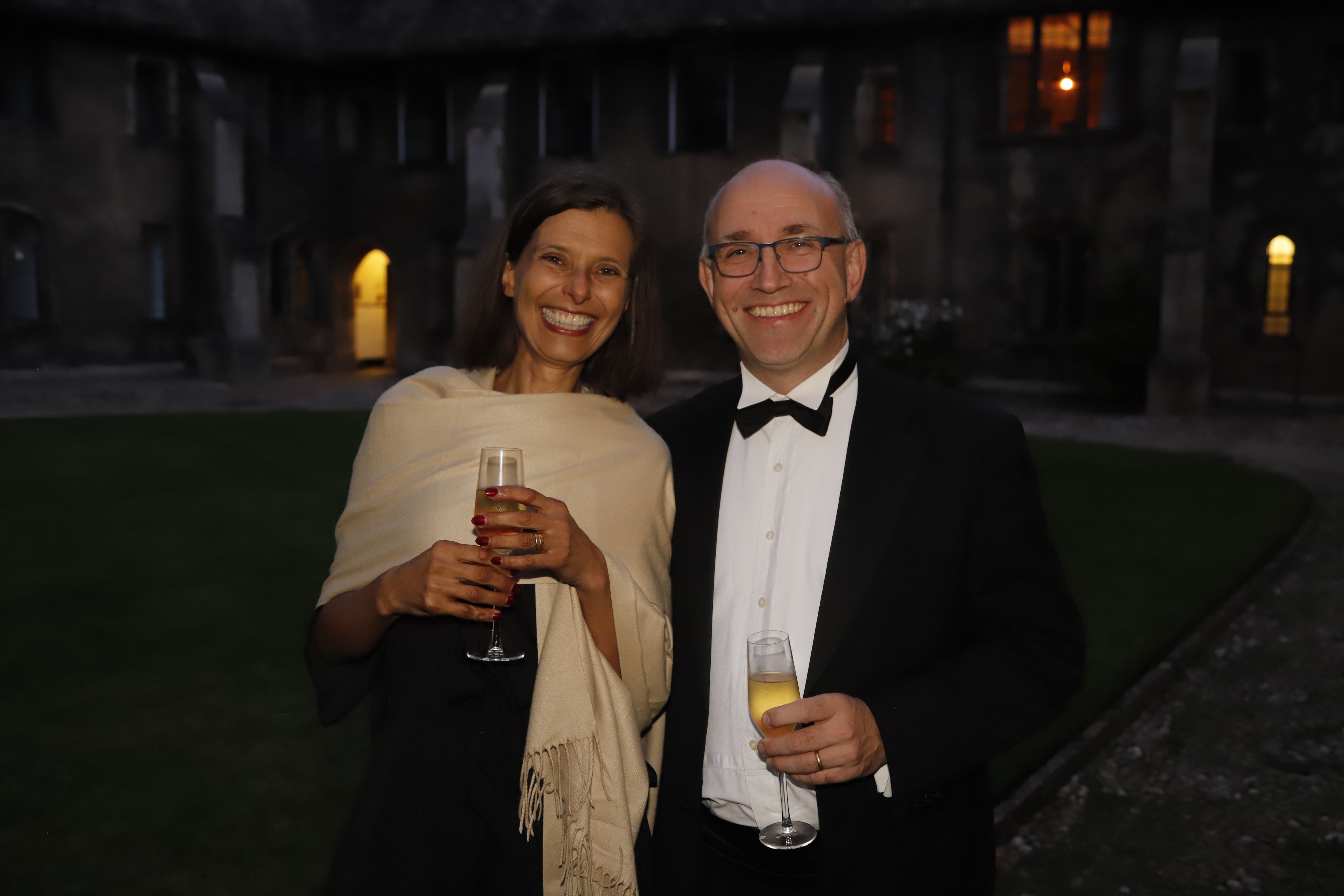
Denise with friend Richard Mayo attending a reunion dinner at College.
Denise with friend Richard Mayo attending a reunion dinner at College.
